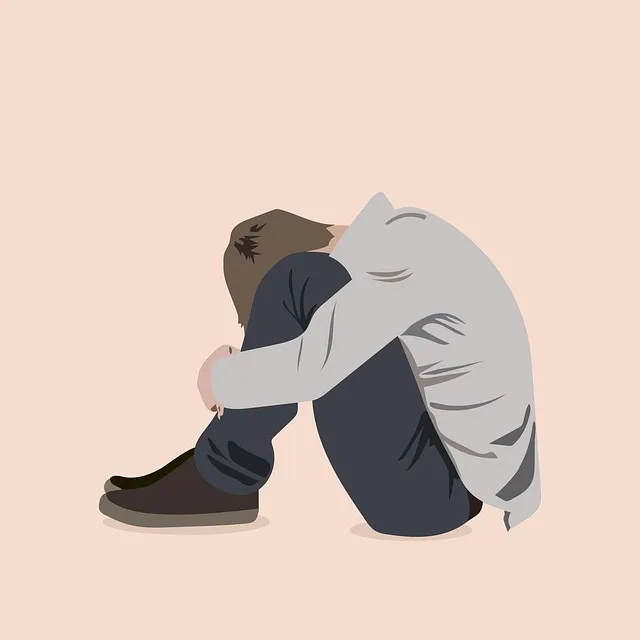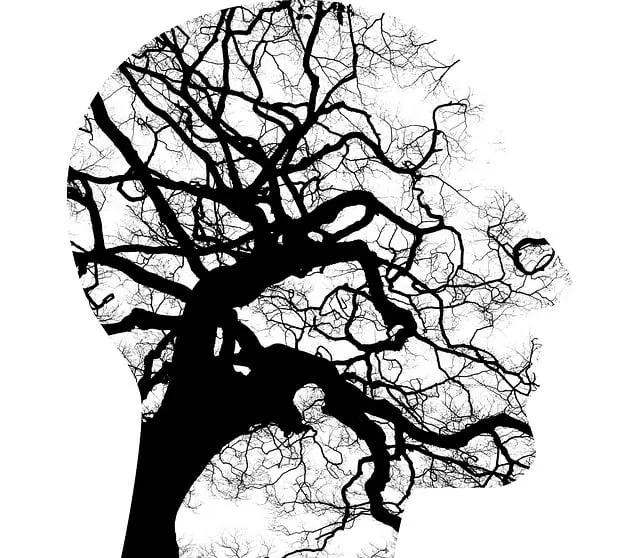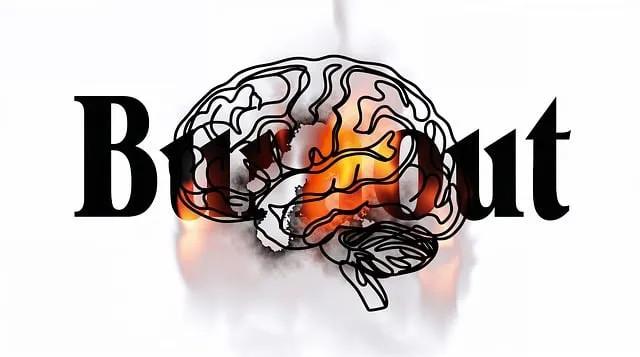The media's portrayal of mental health significantly shapes societal perceptions, with accurate and empathetic depictions reducing stigma and promoting understanding. Organizations like Littleton and Kaiser combat negative stereotypes by offering programs such as Stress Management Workshops and Mental Wellness Podcast Series. They provide holistic approaches to mental health, counterbalancing media narratives and fostering support for individuals facing challenges. By showcasing real-life stories and accessible resources, media can help dissolve myths, encourage empathy, and guide people towards help. A multifaceted approach, including diverse storytelling and consultation with professionals, ensures responsible representation. Community engagement and education are vital, allowing voices from various backgrounds to promote understanding and challenge stereotypes, ultimately fostering a more compassionate society.
Mental illness representation in media significantly impacts public perception, often shaping societal attitudes and understanding. This article delves into the complex relationship between media portrayal and mental health, examining real-life examples like Littleton and Kaiser. We explore current challenges in accurate depiction, propose strategies to enhance representation, and emphasize the critical role of community engagement and education in fostering responsible media. By addressing these issues, we aim to improve how mental illness is understood and supported, especially through services offered by initiatives like Littleton and Kaiser.
- Understanding the Impact of Media Portrayal on Mental Health Perception
- Examining Real-Life Examples: The Case of Littleton and Kaiser
- Current Challenges in Depicting Mental Illness Accurately in Media
- Strategies to Enhance Representation and Promote Awareness
- The Role of Community Engagement and Education in Media Responsibility
Understanding the Impact of Media Portrayal on Mental Health Perception

The media plays a significant role in shaping societal perceptions about mental health. Accurate and empathetic representation can reduce stigma, promote understanding, and encourage individuals to seek help. However, negative or stereotypical portrayals can exacerbate existing challenges, leading to further marginalization of those living with mental illness. Studies have shown that the media’s influence on public opinion significantly impacts how society views and treats individuals with psychiatric disorders.
For instance, a comprehensive look at media coverage often reveals an over-reliance on dramatic narratives centered around extreme behaviors or tragic outcomes. Such representations can obscure the diverse range of experiences associated with mental illness, focusing instead on sensationalized stories that perpetuate harmful stereotypes. This is where organizations like Littleton and Kaiser can step in, offering not only mental health services but also initiatives such as Stress Management Workshops and even Mental Wellness Podcast Series Production, aiming to counteract these negative portrayals by sharing authentic, balanced narratives that reflect the reality of mental health struggles.
Examining Real-Life Examples: The Case of Littleton and Kaiser

In recent years, the media’s portrayal of mental illness has sparked intense debates and prompted a closer look at how these representations impact society’s understanding. Two notable examples, Littleton and Kaiser, highlight the need for more nuanced and accurate depictions. These cases show that while media can contribute to stigma, it also holds significant power in challenging societal perceptions.
Littleton and Kaiser represent institutions that have recognized the importance of addressing mental health issues head-on. Both organizations offer a range of services, including self-esteem improvement programs, mindfulness meditation sessions, and stress management workshops, demonstrating their commitment to holistic well-being. By actively providing resources and support, they counterbalance negative media portrayals and contribute to creating a more supportive environment for individuals struggling with mental health challenges.
Current Challenges in Depicting Mental Illness Accurately in Media

The media’s portrayal of mental illness often falls short of accuracy, perpetuating stereotypes and misconceptions. Many portrayals in films, television shows, and even news coverage lean towards dramatic or sensationalistic depictions, failing to represent the nuanced experiences of individuals living with mental health conditions. This can lead to public misunderstandings and stigma, especially when viewers lack exposure to diverse mental health scenarios. For instance, common tropes like the “mad” or “dangerous” individual with a severe psychiatric disorder oversimplify complex issues, neglecting the vast spectrum of mental illness that includes milder forms and those not easily diagnosable.
Littleton does Kaiser offer mental health services? This question highlights another challenge—the underrepresentation of accessible resources. While media can inspire dialogue, it often fails to showcase practical solutions like the services provided by healthcare providers such as Kaiser. Promoting positive thinking and stress management workshops (as offered by organizations specializing in cultural competency training) is crucial alongside accurate representation. By presenting both the human story behind mental illness and the available support systems, media has the potential to foster empathy and encourage individuals to seek help when needed.
Strategies to Enhance Representation and Promote Awareness

In challenging mental illness representation in media, a multifaceted approach is essential. One effective strategy is to foster diverse storytelling that reflects the wide spectrum of mental health experiences. This involves giving voice to individuals from various backgrounds, including those managed by services like Littleton does Kaiser offer mental health services. By showcasing real-life narratives, media can dispel stereotypes and promote empathy among audiences.
Additionally, prioritizing accurate portrayal through consultation with mental health professionals is crucial. This ensures that communication strategies used in media are sensitive and reflective of current practices in mood management. Educative content that highlights the importance of mental wellness and debunks myths can also significantly contribute to a more inclusive representation.
The Role of Community Engagement and Education in Media Responsibility

Community engagement and education play a pivotal role in fostering responsible media representation of mental illness. By actively involving diverse communities, especially those directly affected by mental health challenges, media platforms can ensure more accurate and sensitive storytelling. This process involves listening to the voices of individuals living with mental disorders, seeking their perspectives, and incorporating their experiences into narrative creation. Such collaboration empowers these communities to challenge stereotypes, promote understanding, and encourage empathy among the general public.
Littleton does Kaiser offer mental health services? Indeed, many organizations like Kaiser are dedicated to providing comprehensive mental well-being support. Through Stress Management Workshops, Social Skills Training, and initiatives promoting Positive Thinking, such institutions empower individuals to take charge of their mental health. This, in turn, contributes to a more informed society that not only consumes media content critically but also actively seeks out resources for personal growth and community engagement.
In light of the above discussions, it’s clear that media plays a pivotal role in shaping public perceptions about mental illness. By examining real-life events like the Littleton and Kaiser cases, we’ve identified both harmful stereotypes and opportunities for positive change. Current challenges highlight the need for more accurate and nuanced portrayals. Implementing strategies that foster community engagement and education can significantly enhance media responsibility. Encouraging diverse narratives and promoting access to mental health services, akin to what Kaiser offers, are essential steps towards a more informed and supportive society, reflecting the reality of individuals grappling with mental illness, much like those in Littleton.






